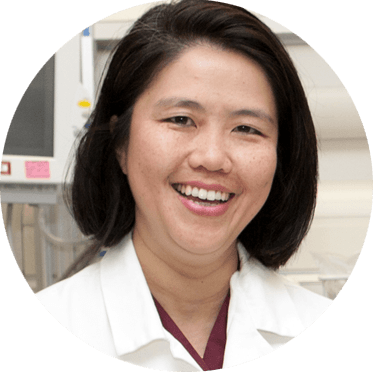In a previous How I Work Smarter post by Dr. Ken Milne, he called out Dr. Ryan Radecki, who is the outspoken and prolific author of EM Literature of Note and a premiere mythbuster in EM, specifically around thrombolytics in stroke. For those of us in the blogging world, not everyone knows that he lives a dual academic life working on medical informatics and information design. He is, in fact, funded through an NIH grant from the Agency of Healthcare Research and Quality for a training program in patient safety. Ryan shares his tips for working smarter.
-
 Name: Ryan Radecki, MD, MS
Name: Ryan Radecki, MD, MS - Location: Houston, TX
- Current job: Assistant Professor of Emergency Medicine at The University of Texas Medical School at Houston
- One word that best describes how you work: Everywhere
- Current mobile device: iPhone 5
- Current computer: 15” Macbook Pro
What’s your office workspace setup like?
What’s an office? I’m lucky enough to have such flexibility in my position I’m confined only to wherever my creative needs take me on the day. I’ve got a quiet space set aside at my home as a “home office”, which is where podcasting and administrative work gets done. But my main office – is every coffeehouse in town, depending on the rest of the day’s logistics. Today, I’m at Boomtown Coffee – fueled by iced toddy mocha.
What’s your best time-saving tip in the office or home?
There are few time-wasting endeavors I dislike more than time spent commuting. I have always specifically tried to live in locations with the shortest possible commute. I also ride my bike to work, when possible – I arrive far more awake, and with the added bonus of having accomplished part of my exercise for the day.
What’s your best time-saving tip regarding email management?
Run e-mail like running the department – disposition-focused. Delete as much as possible, respond immediately by phone when practical, and otherwise “run the list” of recent e-mails a couple times a day when the opportunity arises.
What’s your best time-saving tip in the ED?
Document as much as possible up front, immediately after the patient encounter. I don’t document during the encounter. I’d rather have an effective, efficient patient encounter and charting session in series, rather than do both tasks simultaneously, but poorly. Then, left to the end of shift, documentation quality both degrades and requires longer to create.
ED charting: Macros or no macros?
Macros. Ideally, lots of macros – focused on the most common complaints and recurrent medical decision-making documentation.
What’s the best advice you’ve ever received about work, life, or being efficient?
Everyone mentions the ability to say “no” as critical – and I agree. While there’s always some modicum of suffering required, the fewer extraneous responsibilities outside your areas of passion, the better. More time available to do your best work? Win.
Is there anything else you’d like to add that might be interesting to readers?
I strongly feel it is our ethical responsibility to patients and society at large to order precisely the indicated tests and therapies – no more, no less. Being judicious with limited resources is an incredibly difficult challenge – but the alternative is simply lazy, thoughtless, wasteful medicine. I also find involving patients in decisions at every step of the process, with explanations of goals of care, diagnostic strategies, and estimates of costs – results in interesting and revealing conversations of substantial value in directing care. Many patients opt for less complex diagnostic evaluation, and more focus on symptom resolution – and thus my rates of use of advanced imaging and hospitalization are much lower than average, without apparent degradation in safety at discharge. This is, in many ways, the future of medicine – as the writing is already on the wall regarding cultural shifts to decreasing unnecessary testing and resource utilization.
Who would you love for us to track down to answer these same questions?
- Megan Ranney
- Nick Genes
- Jeremiah Schuur
Author information
The post I am Dr. Ryan Radecki, author of EM Literature of Note: How I Work Smarter appeared first on ALiEM.



